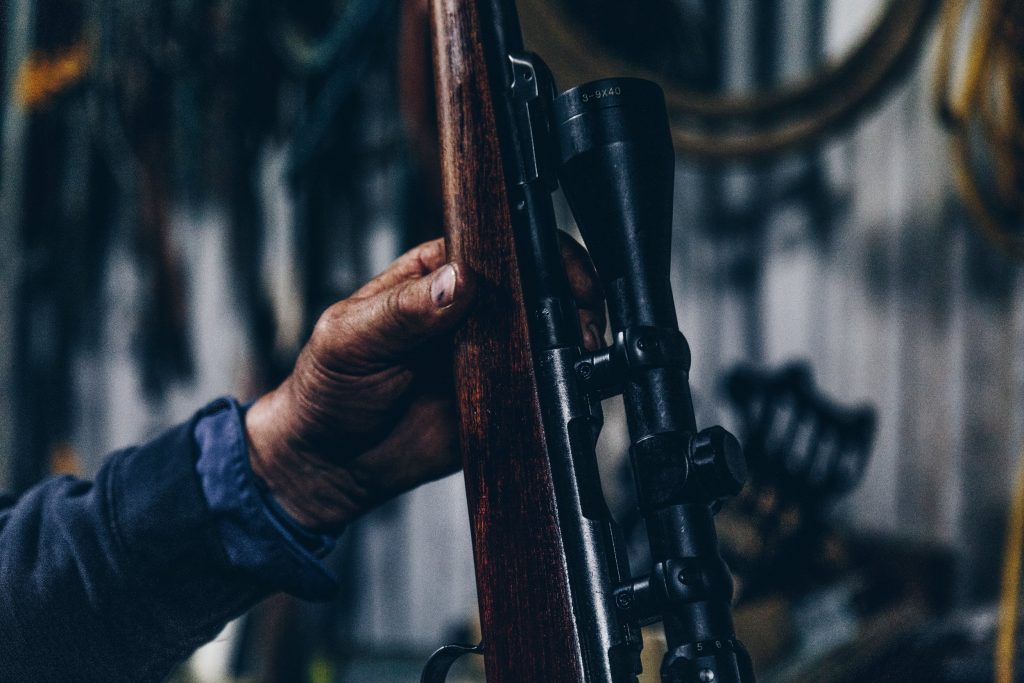
Should I Consider Creating a Gun Trust as Part of My Estate Planning?
By Jason M. Gray, Esq.
If you own any firearms you may want to consider creating a gun trust. A gun trust is an estate planning tool that you can utilize in order to make sure that your firearms are transferred lawfully upon your death or incapacity. A gun trust will protect your interests, as well as your beneficiaries, by ensuring that all applicable federal, state and local laws are complied with.
As a practical matter, creating a gun trust will greatly simplify the process for transferring firearms lawfully to your appointed trustee or beneficiaries. The gun trust will also address how your firearms will be transferred in a way that can avoid a potential probate of those assets.
If you own any firearms or other weapons that are specifically regulated by and registered under the National Firearms Act ("NFA"), a gun trust will likely be necessary in order to make sure that your beneficiaries are not committing a felony by taking possession of the firearms. Depending on what your beneficiaries know about the laws and regulations pertaining to NFA firearms, they can inadvertently commit a very serious federal crime just by following your directives in a will if a gun trust has not been established.
Even if you do not own any firearms that are registered under the NFA, a gun trust will provide peace of mind because you will have a plan in place to make sure that your firearms are transferred to the appropriate beneficiaries. If you do not have a plan in place, your estate may require probate in which case the disposition of your firearms would be subject to court approval. Those proceedings would also require public disclosure of certain aspects of your estate that you may wish to avoid.
If you are familiar with ATF Final Rule 41F, you may be asking yourself if it is still worth creating a gun trust in light of heightened regulations regarding background checks. The answer is that it is still important to consider the advantages of creating a gun trust because a gun trust is going to be the most effective way of transferring firearms to your beneficiaries without violating the law.
Because firearms regulations and the laws applicable to estate planning can change rapidly, you should consult with an attorney that has experience with gun trusts prior to making a determination as to which options will be best for your estate planning needs. In meeting with an attorney, there are some general considerations you may want to discuss regarding gun trusts such as whether the gun trust should be revocable. You may also want to discuss what language the attorney will include in the gun trust to ensure compliance with the NFA, the Gun Control Act and all other applicable federal, state and local laws.
In order to create the trust, you should consider the criminal history and background of each proposed successor trustee and beneficiary. There may be questions that need to be answered prior to listing someone as a successor trustee or beneficiary if they have been convicted of a crime that could disqualify them from owning the firearms you intend to transfer through the gun trust.
These are just some of the issues that you will want to take a close look at in conjunction with your attorney when first setting up a gun trust. Your attorney can help guide you the rest of the way while also pointing out other considerations you may not have thought of in your overall estate planning.
This has been presented as general information and not as legal advice. Do not engage in legal decision-making without the advice of a competent attorney after discussion of your specific circumstances.

